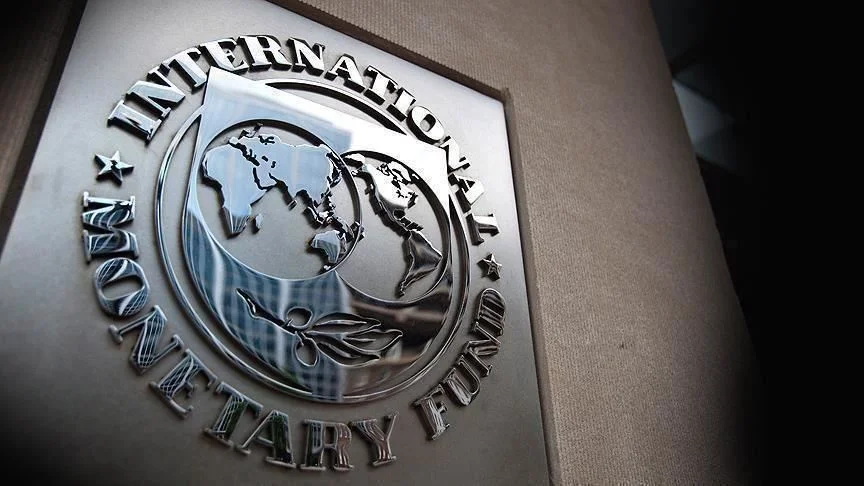Two IMF officials have come out to warn Nations about the consequences of making cryptocurrency a national currency, stating that the repercussions “may be grave”.

According to Tobias Adrian, financial counsellor and director of the IMF’s marketing department, and Rhoda Weeks-Brown, general counsel and director of the IMF’s legal department, a cryptocurrency like Bitcoin (BTC) could catch on in countries with unstable inflation and exchange rates, allowing unbanked people to make payments. However, the damage to a country’s economy could be substantial.
According to the two IMF officials, countries that adopt cryptocurrencies as national currencies or “grant crypto-assets legal tender status” risk domestic prices becoming highly volatile, assets being used in contravention of anti-money laundering and counter-terrorist financing measures, and issues with macroeconomic stability and the environment.
“If products and services were priced in both real money and cryptoassets, families and companies would spend substantial time and resources deciding which money to hold rather than engaging in productive activities,” Adrian and Weeks-Brown wrote.
“If taxes were listed in advance in a crypto assets while expenditures remained primarily in the local currency, or vice versa, government revenues would be vulnerable to exchange rate risk.”
They also argued that monetary policy in general “would lose bite,” meaning that broad crypto adoption undermines any country’s credibility in adopting a crypto asset like BTC or another token, and cited “massive price volatility in crypto-assets.”
Bitcoin’s price has fluctuated between $65,000 and $30,000 this year, reaching above $40,000 today before dropping into the $37,000s.
Though the IMF blog did not mention El Salvador, which plans to accept Bitcoin as legal cash in September, Adrian and Weeks-Brown argued that making any cryptocurrency a national currency is an “inadvisable shortcut” to more accessible financial services.
Although El Salvador President Nayib Bukele has stated that the country’s plentiful geothermal energy will be used to generate Bitcoin blocks, the pair made accusations about environmental concerns associated with cryptocurrency mining.
The IMF has a history of expressing disapproval of governments that adopt cryptocurrency. Smaller countries, such as the Marshall Islands, recognizing a digital currency as legal tender, according to spokespeople, “raise risks to macroeconomic and financial stability as well as financial integrity.”
In that scenario, the IMF said the islands’ local economy had been stretched by the pandemic’s economic consequences and that the introduction of a digital currency was unlikely to help.
